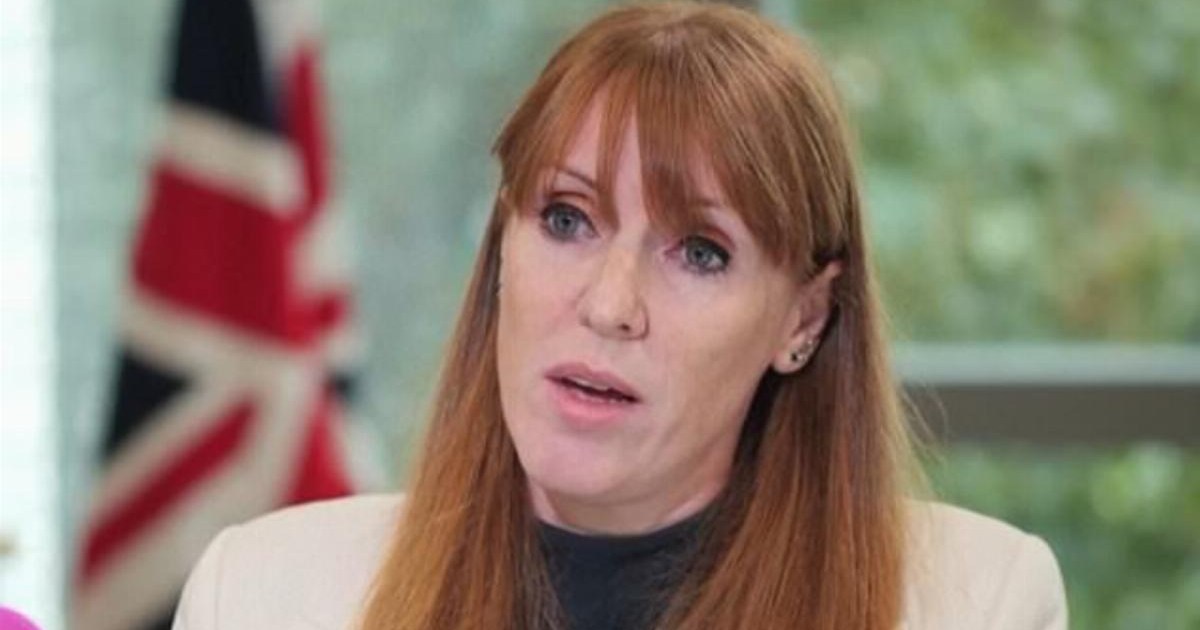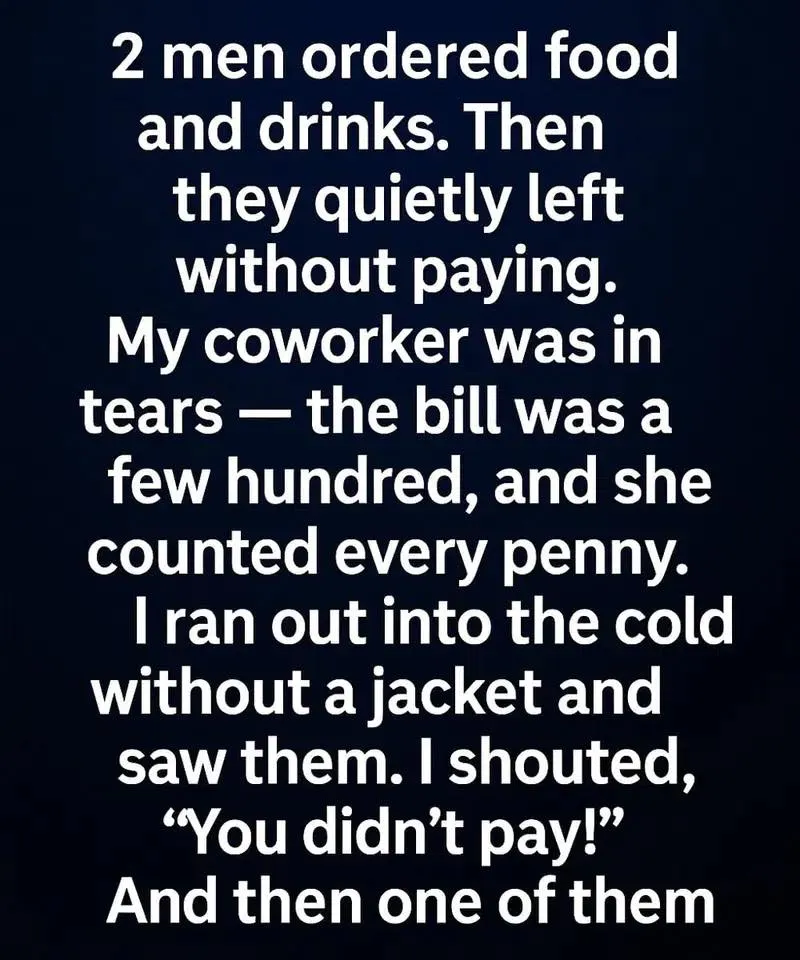A Storm in Westminster: Angela Rayner’s Resignation and the Subsequent Cabinet Shuffle
The British political landscape experienced a significant shake-up following the resignation of Angela Rayner, Deputy Prime Minister and Housing Secretary. This unexpected development triggered a domino effect, leading to a major cabinet reshuffle under the leadership of Prime Minister Keir Starmer. The catalyst? An underpayment of stamp duty tax on Rayner’s second home.
The Rayner Resignation: A Perfect Storm of Politics and Personal Life
Rayner’s resignation stemmed from a report by the ethics watchdog, Sir Laurie Magnus. The report concluded that Rayner, while acting with integrity, hadn’t met the highest standards of conduct regarding her stamp duty payment on her £800,000 Hove property. The reported underpayment amounted to approximately £40,000, resulting from a failure to seek specialist tax advice on a complex family arrangement. In her resignation letter, Rayner expressed deep regret and accepted full responsibility, emphasizing the unbearable pressure on her family from intense media scrutiny. She highlighted the personal toll this had taken, especially given the family’s circumstances. The letter also proudly outlined Rayner’s achievements in government including major legislative successes in employment rights, renters’ rights and housing.
The Cabinet Reshuffle: A New Look for the Labour Government
The fallout from Rayner’s resignation wasn’t limited to her departure. Prime Minister Starmer swiftly initiated a comprehensive cabinet reshuffle. Several high-profile figures lost their positions, including Lucy Powell (Leader of the House of Commons) and Ian Murray (Scottish Secretary). However, Chancellor Rachel Reeves retained her crucial role, a move signaling stability ahead of the upcoming November budget.
Key Appointments and Portfolio Shifts
Several significant ministerial changes followed:
Key Players and Their New Roles
- David Lammy: Appointed the new Deputy Prime Minister, following his move from the Foreign Office to the Justice Secretary post. This represents a significant promotion despite the shift to a different department.

- Yvette Cooper: Elevated from Home Secretary to Foreign Secretary, a considerable promotion and a move to a high-profile role in international affairs.
- Shabana Mahmood: Stepping into Cooper’s previous role as the new Home Secretary, a move that recognizes her successful management of the prisons crisis.
- Pat McFadden: Took on a newly created “super ministry,” combining the Department for Work and Pensions and elements of the Education Department’s skills brief.
- Steve Reed: Succeeded Rayner as Housing Secretary, transitioning from his previous role as Environment Secretary.
Reactions and Responses: A Divided Nation
Rayner’s resignation and the subsequent cabinet changes sparked a wave of reactions across the political spectrum. While some, such as Kemi Badenoch, criticized Prime Minister Starmer’s handling of the situation and suggested Rayner’s departure should have been forced earlier, others, including Labour colleagues, expressed sympathy, acknowledging the intensely personal nature of the issues involved. Several commentators highlighted the importance of adhering to rules and standards of conduct in government. Trade union leaders praised Rayner’s contributions, emphasizing her commitment to worker’s rights. The opposition parties also weighed in on the situation, with comments ranging from expressions of sympathy to calls for greater government focus on pressing issues. Rayner’s lawyers’ attempts to distance themselves from their role in the initial Stamp Duty calculation further complicated matters, sparking accusations of them being made scapegoats.
The Aftermath: A Government in Transition
Rayner’s resignation marks a significant turning point for the Labour government. The reshuffle signifies a period of adjustment and adaptation. While the immediate focus remains on addressing the repercussions of the situation, the long-term impacts on the Labour party’s image and its policy agenda are yet to fully unfold. The situation also raises questions about the level of scrutiny and the potential consequences for public figures in high-profile political positions. The incident showcases the complexities of navigating personal financial matters while serving in a position of significant public trust.




